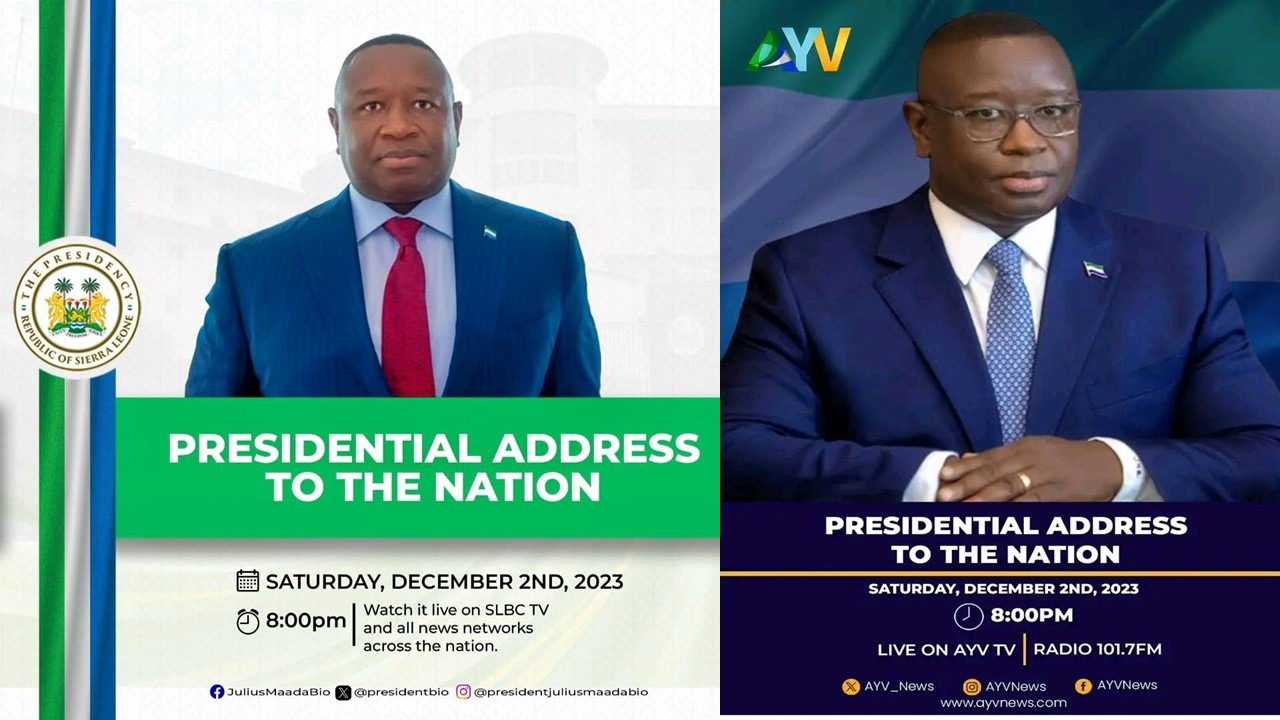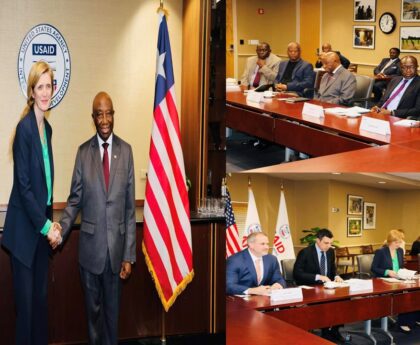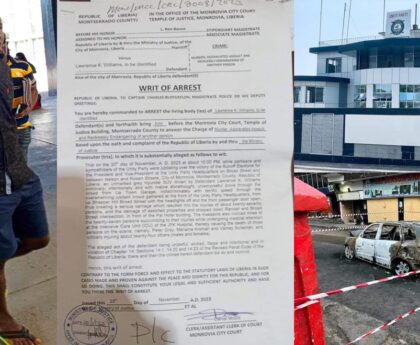Sierra Leonean President Julius Bio made a significant announcement on Saturday, revealing that investigations into the deadly clashes that occurred on November 26th have unequivocally identified the events as an “attempted coup.” In a national address, President Bio stated, “Investigations conducted so far by our security and intelligence community strongly indicate that the November 26 infraction was clearly and unambiguously an attempted coup d’Etat.”
The shocking incident involved armed attackers who brazenly stormed various key security establishments, including a military armory, two barracks, two prisons, and two police stations. The assailants engaged security forces in fierce confrontations, resulting in a tragic toll of 21 lives lost, including 14 soldiers.
The president’s declaration sheds light on the severity and nature of the events that transpired on that fateful day. The term “attempted coup” carries profound implications, signaling a deliberate and organized effort to overthrow the government through force. Such incidents can have far-reaching consequences for political stability, public security, and the overall well-being of a nation.
The targeting of critical institutions, such as military facilities, prisons, and police stations, underscores the strategic nature of the assault. These locations are not only symbols of state authority but also essential components of the country’s security infrastructure. The assailants’ ability to breach these heavily guarded sites raises questions about the level of planning and coordination involved in the attack.
The casualty count, with 21 lives lost, including 14 soldiers, highlights the gravity of the situation and the violence that unfolded during the attempted coup. The loss of military personnel, who play a crucial role in maintaining national security, adds another layer of complexity to the aftermath of the incident.
President Bio’s decision to address the nation and explicitly characterize the events as an attempted coup reflects the government’s commitment to transparency and accountability. Acknowledging the severity of the situation allows for a clearer understanding of the challenges the nation faces and underscores the need for a unified response to safeguard the democratic principles of Sierra Leone.
As the investigations continue, it is essential for authorities to uncover the motives and identify the individuals or groups responsible for orchestrating the attempted coup. The aftermath of such incidents often requires a multifaceted approach, combining security measures, legal proceedings, and diplomatic efforts to address both the immediate threat and the underlying factors that may have contributed to the unrest.
Sierra Leone, known for its post-civil war recovery and efforts to strengthen democratic institutions, now faces a critical test in preserving its hard-won stability. The international community will likely closely monitor the developments in Sierra Leone and extend support to ensure that the nation can overcome this challenge and continue its path towards lasting peace and prosperity.




